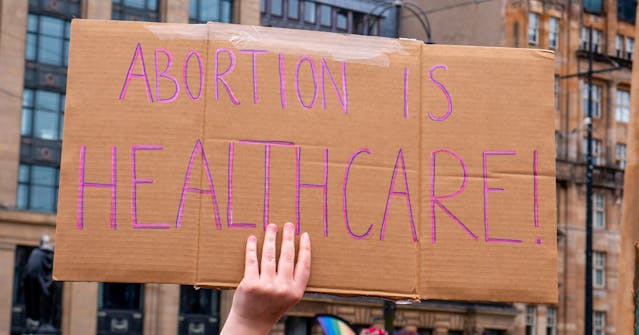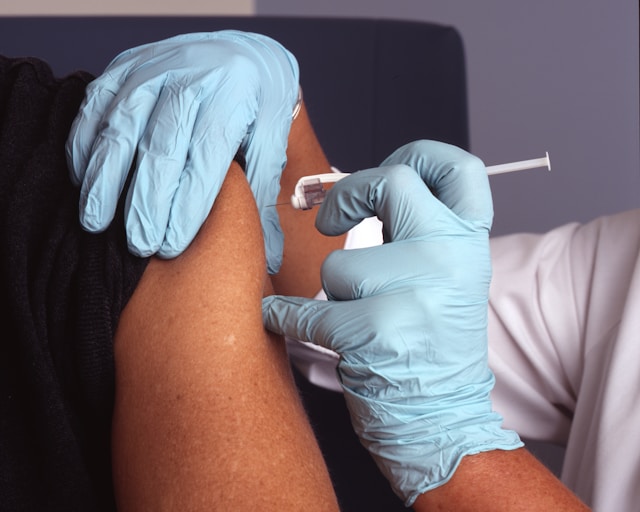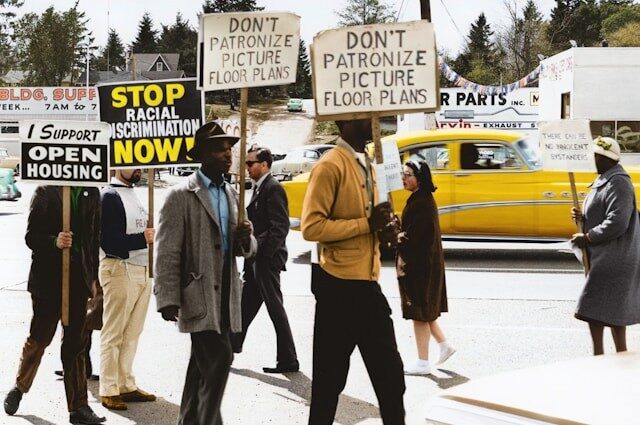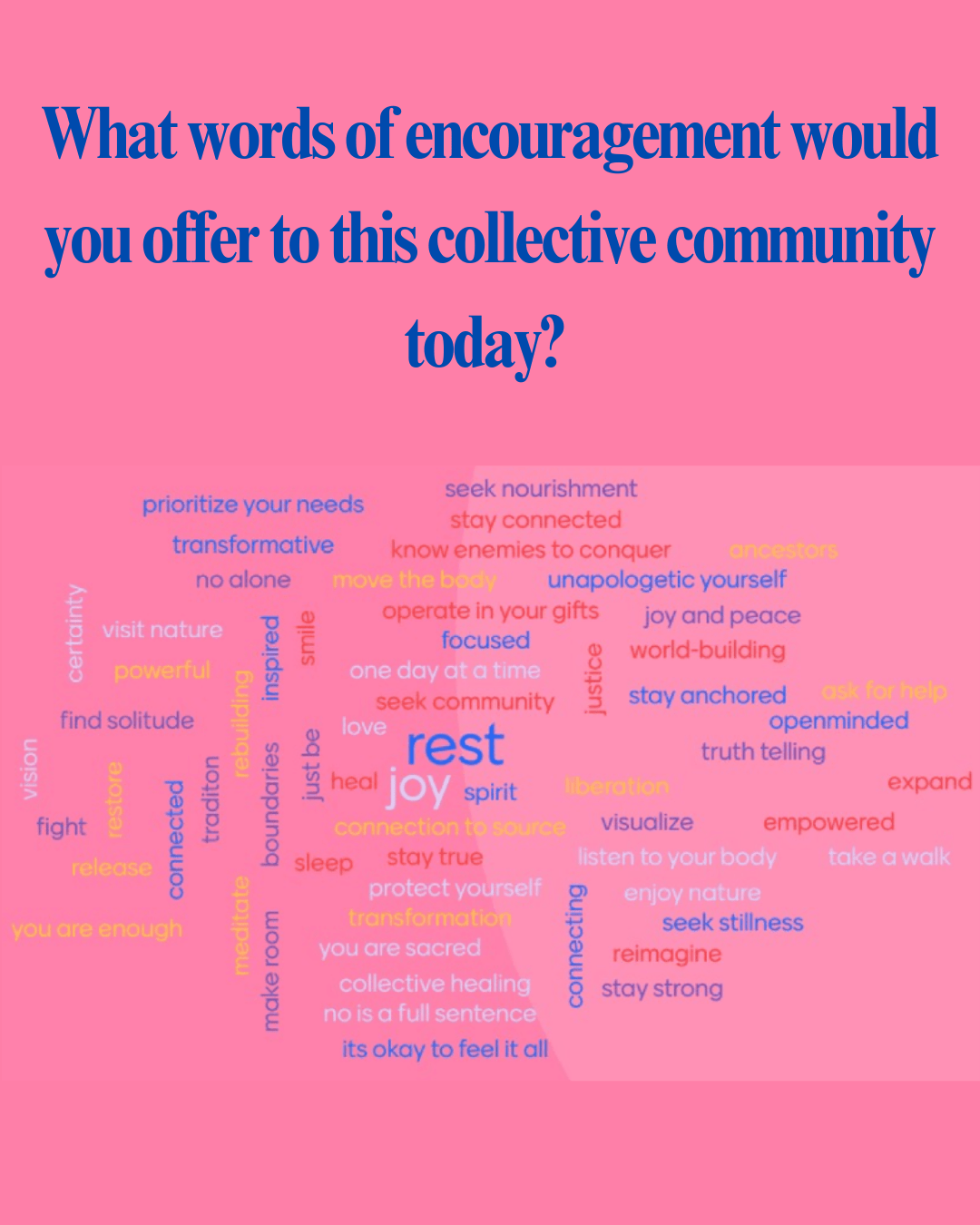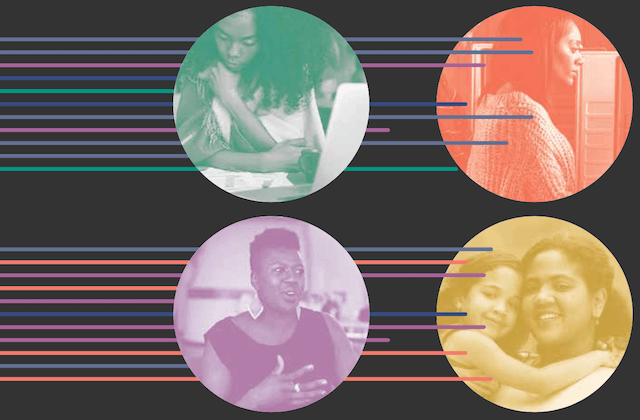
By Kenrya Rankin
In 1937, Zora Neal Hurston’s “Their Eyes Were Watching God” made it plain that Black women are the mules of the world. A new study says that, in America at least, nothing has changed.
“The Status of Black Women in the United States” is the result of a collaboration between the Institute for Women’s Policy Research (IWPR) and the National Domestic Workers Alliance (NDWA). Released Wednesday (June 7), it draws on data from nonprofits and federal agencies, including the U.S. Census Bureau’s American Community Survey, to get a picture of Black women nationwide. The data is used to explore six areas that the study’s authors feel impact the lives of women: employment and earnings, health and well-being, political participation, poverty and opportunity, violence and safety, and work and family. (Read more)
